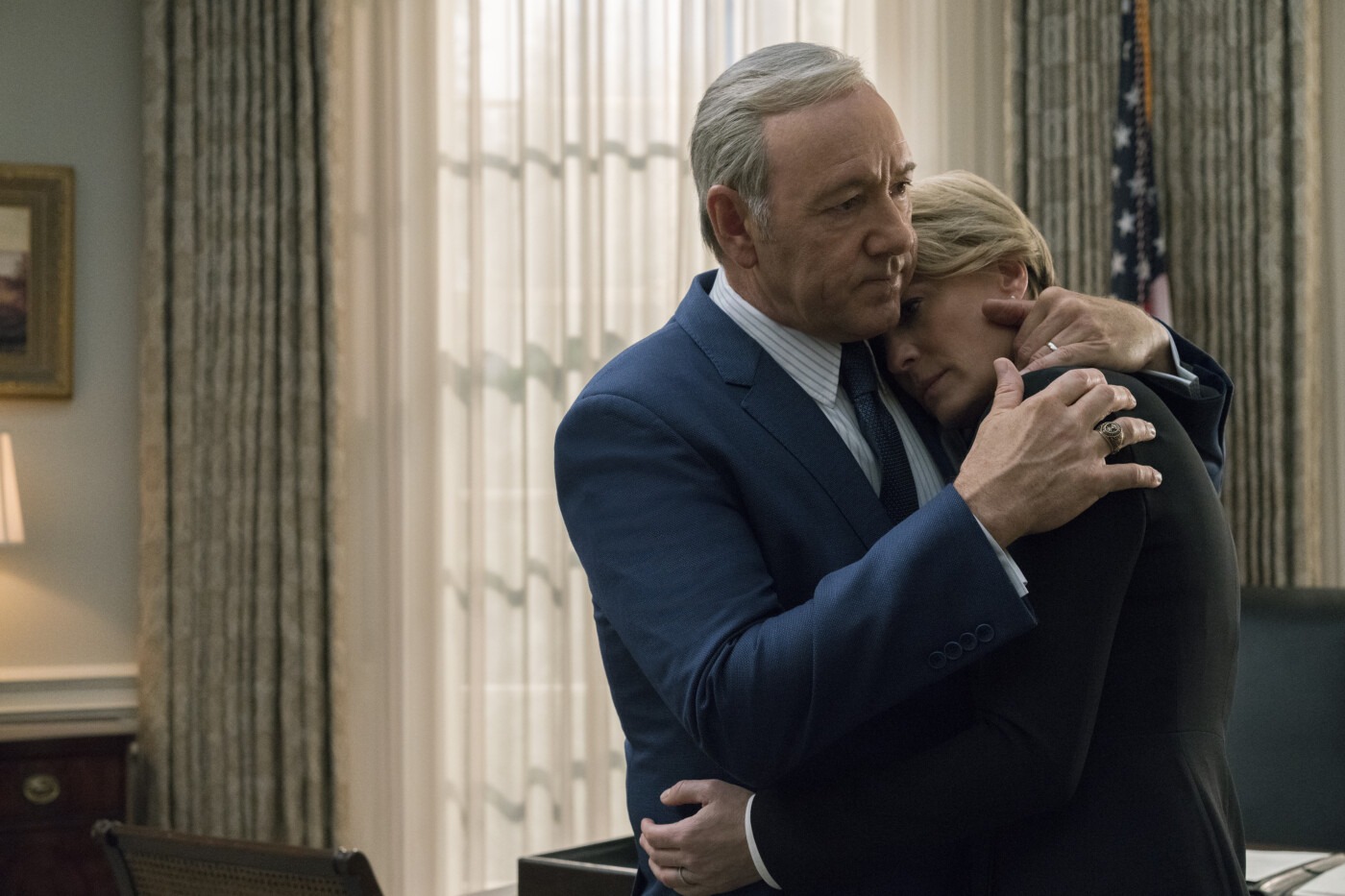The Philosophy of: House of Cards’ Frank Underwood
Watching Frank Underwood’s plots in the US Congress would make you think that he was frequently cross-referencing his actions with his personal copy of Niccolo Machiavelli’s The Prince.
He does not see them as humans with goals, aspirations, and emotions
Underwoods’ defining characteristic is his view of people. He does not see them as humans with goals, aspirations, and emotions. Instead, they are mere tools ready to be used and manipulated into benefiting his political ends. There is no clearer example of this than Underwood’s relationship with Peter Russo, a US Congressman, who despite some mistakes made in the past wishes to amend his wrong decisions and climb the political ladder the right way. Instead of helping him with his alcohol abuse issues, or turning him in for drunk driving, Underwood decides to keep Russo under his thumb knowing that a US Congressman would be useful to achieve his political aspirations. Although Underwood does later help Russo overcome his alcohol addiction, he does this not out of the kindness of his heart but because he needs him to run for mayor of Pennsylvania.
Underwood’s fundamental understanding of the way politics and people work is also the reason he can expertly manoeuvre and act to his benefit in a vastly complex network of people and ideas. His understanding of people in his home state of South Carolina, and their honest motivations allows him to manipulate them to clear his name. Underwood’s outlook on the lack of authenticity within the people and institutions he works with allows him to use this to his advantage, as can be seen with the Military School Library dedicated to him.
Underwood’s flexible moral compass further enables him to broaden his scope for possible strategies in his never-ending quest for power. His conduct against the teacher’s union at the start of the first season demonstrates this most clearly. Underwood simultaneously stages an attack on his own home and blames it on the chairman of the union. Whilst also threatening Underwood with the prosecution of the law after the chairman physically assaults him; he uses the same law he is so flippant about breaking to defend himself.
Underwood’s romantic relationships also take on a practical use
Underwood’s view of people, and his malleable sense of morality combine to produce a man who sees the interactions he has with the people around him as void. Unless he can extract some value from them. In other words, nothing he does or any of his relationships are driven by innate emotions but by a cold assessment of their net utility. Even Underwood’s relationship with Freddie from the rib joint is not entirely lacking in practical benefit. His use of Freddie’s ribs for food at the fundraiser in season one makes you question whether when forming this connection.
Underwood’s romantic relationships also take on a practical use above that of genuine human connection. His transactional sexual relationship with the journalist Zoe Barnes, is curious in that we never get the impression that he is attracted to her romantically. Their relationship is so meaningless to Underwood in fact that after the first time he has sex with Zoe, he immediately declares his actions to his wife Claire. As if he had just told her he had a meeting with a business partner that night, which I guess for Underwood that was all it was.
All in all, Frank Underwood embodies our worst suspicions about what the reality of high political society truly entails. Exhibiting a complete disregard for human beings and human relationships, a lack of concrete morals and an apathy towards the institutions and laws he claims to defend. In other words, a necessary combination of traits for a successful career in politics.


Comments (1)
*Russo runs for Governor of Pennsylvania.